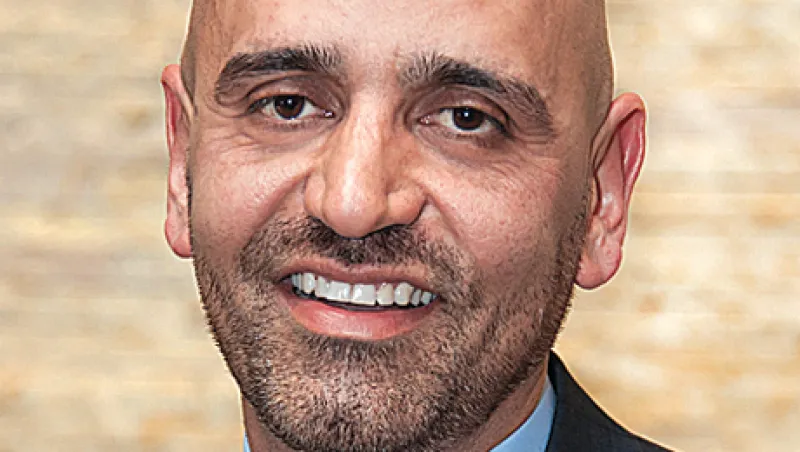
Pension Funds Reap Healthy Returns from Alternative Fixed Income
In their quest for higher yields in the wake of the financial crisis, pension funds have been seeking alternatives to traditional bond investments.
Frances Denmark
January 23, 2013


